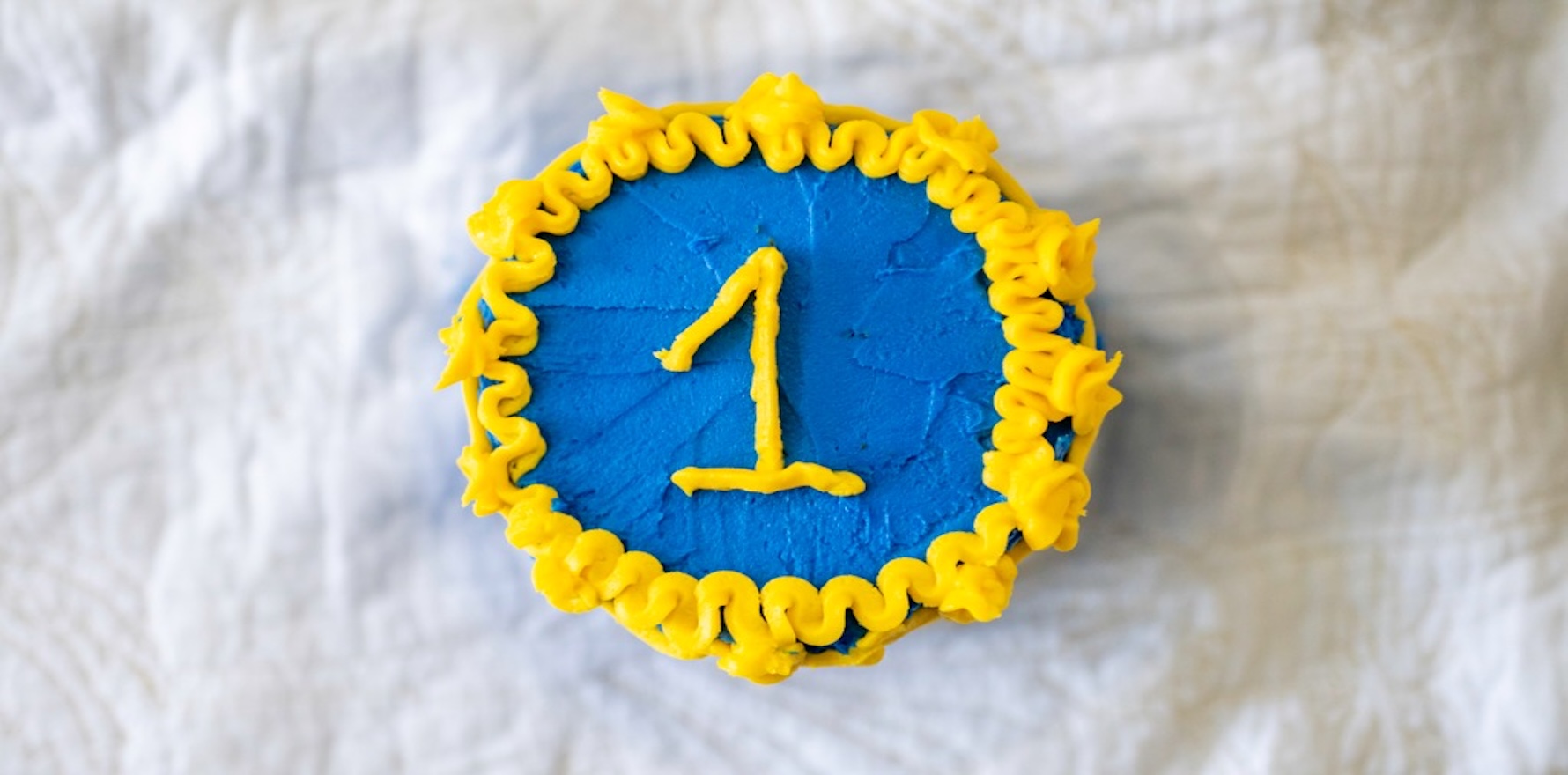An Australian study has also found that the adjuvanted flu vaccine doesn’t improve immunogenicity in haematologic cancer.
One annual dose of the influenza vaccine is enough to trigger immunity in people with haematologic cancer who have not had a transplant, research suggests.
The Australian research included 130 participants with multiple myeloma, chronic lymphocytic leukaemia or non-Hodgkin’s lymphoma who had received active therapy within the previous 12 months.
Participants were randomly assigned to have either two doses of adjuvanted quadrivalent inactivated influenza vaccine (QIV) or two doses of standard-dose QIV given 21 to 28 days apart.
Researchers performed a haemagglutination-inhibition assay for QIV antigens at baseline and at one, two and six months after the first dose.
At the end of the single-blind, randomised controlled trial, the researchers found that participants’ immunogenicity was not improved by a second QIV dose.
They also found that adjuvanted QIV was not associated with greater immunogenicity than standard-dose QIV.
At the third visit, 37% of participants in the adjuvanted-dose group had seroconversion, compared with 42% in the standard-dose group.
Patients were excluded if they’d had a haematopoietic cell transplant in the previous 12 months or had intravenous immunoglobulin replacement therapy within the previous three months.
“This trial highlights the limited benefit of augmented vaccination strategies in the current era of haematologic cancer treatments,” the researchers said in a letter to the NEJM.
“Adjuvanted QIV was not associated with greater immunogenicity than standard-dose QIV, and immunogenicity was not improved by a second QIV dose.
“Results support the annual use of single-dose QIV in patients who have not undergone haematopoietic cell transplant, and efforts should focus on increasing vaccination uptake.
“Regardless of vaccination strategy, the percentage of participants with seroconversion was lower among those with chronic lymphocytic leukaemia or non-Hodgkin’s lymphoma (5 to 30%) than among those with multiple myeloma (40 to 81%), probably related to their B-cell–depleting treatment regimens.”
The researchers noted that excluding patients who had intravenous immune globulin may have narrowed the eligible participants to those who were earlier in their disease course or who were responding to first-line treatments.
Lead Peter MacCallum Cancer Centre researchers Dr Victoria Hall and Associate Professor Ben Teh said clinicians commonly used different vaccination strategies such as giving two doses of flu vaccine and using the adjuvant vaccine in the belief it provided a more robust immune response.
“Our controlled clinical trial showed no additional benefit from using the adjuvant vaccine or in providing people with a second dose in the same season,” they said in a statement.
Associate Professor Teh said administering two doses could be challenging for many patients.
“Our trial provides strong evidence that a single dose of an age-appropriate flu vaccine is sufficient for non-transplant blood cancer patients,” he said.
“Our efforts should now focus on increasing flu vaccine uptake and identifying additional ways to improve protection in people with chronic lymphocytic leukaemia and non-Hodgkin lymphoma who are especially vulnerable.”


